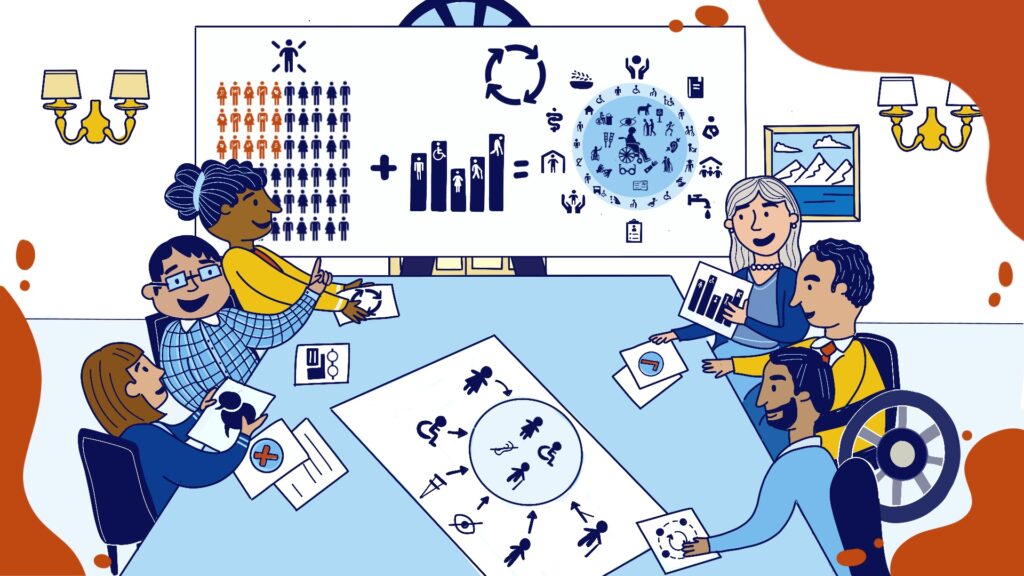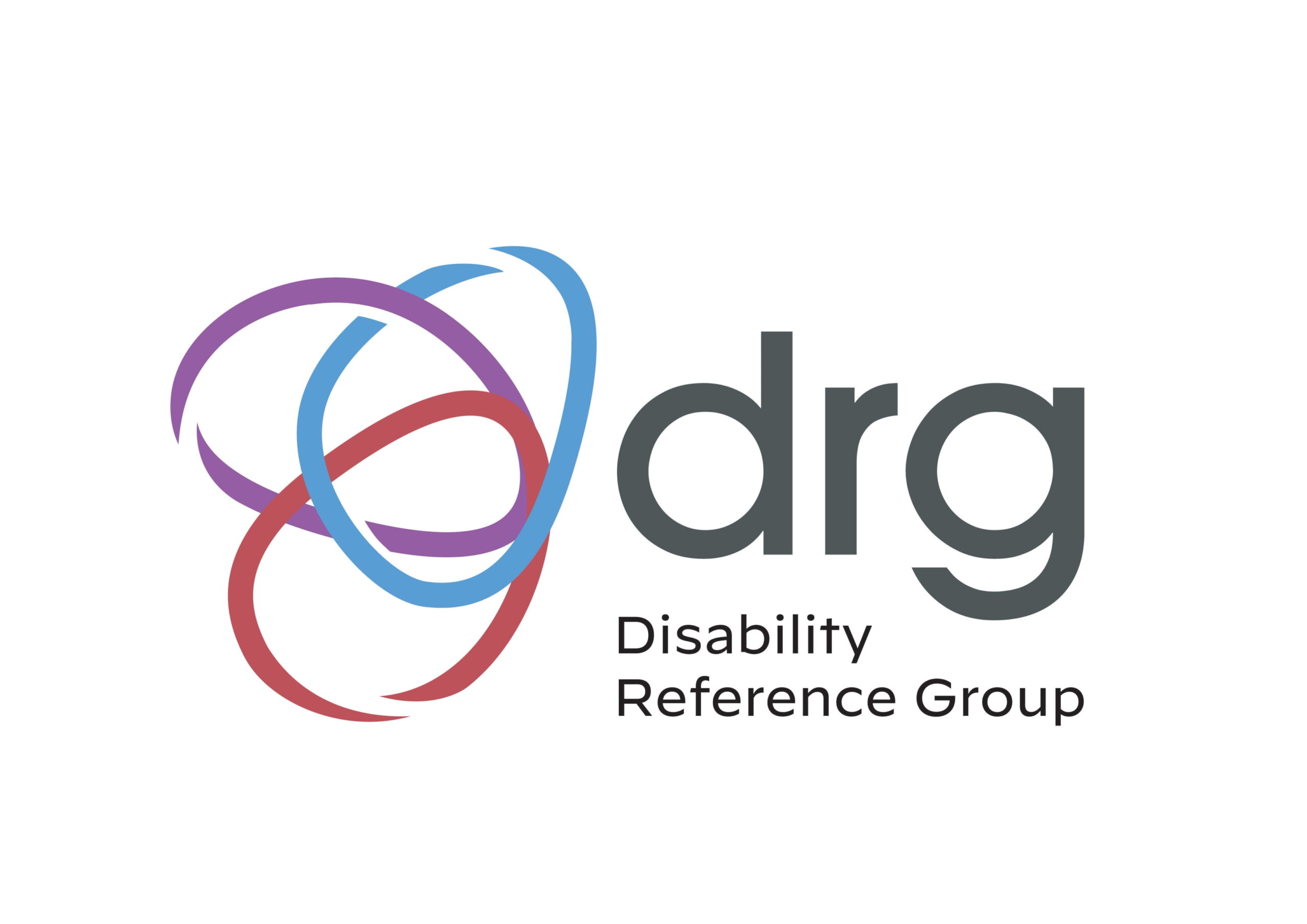Categories
Tags
Disability Inclusion in Humanitarian Coordination – Toolkit

Introduction
This toolkit aims to provide you with the tools and guidance needed to establish and run a Disability Working Group within a Humanitarian Coordination Mechanism. It also give you the tools and guidance required to ensure the working group can engage meaningfully with different cluster/levels across the coordination structure.
The toolkit has three parts:
In Section 1: Setting up a working group you will find guidance and tools to establish a working group, develop ToRs, establish a theory of chance for the working group, develop actions plans, complete assessments on the inclusivity of clusters/HNRPs, and promote meaningful participation
In Section 2: Engaging in Humanitarian Coordination you will find guidance to ensure the working group has the capacity to support actors in disability inclusive proposal development, project design, and programming; collect disability disaggregated data; review HNRPs from a disability inclusive lens; and strengthen awareness on disability inclusion in humanitarian action amongst humanitarian actors.
In Section 3: Useful studies and reports you will find case studies, comparative case studies, examples of disability inclusion in coordination, along with examples of the types of outputs generated by disability working groups in different contexts.
Acknowledgement:
The development of the toolkit was supported by the ‘From Guidelines to Action’ and ‘Phase 4 – Leave no one behind!’ projects.
The From Guidelines to Action project was implemented by Humanity & Inclusion (HI) and co-funded by ECHO and the Center for Disaster Philanthropy.
The Phase 4 – Leave no one behind! project is jointly implemented by Handicap International e.V. / Humanity & Inclusion (HI) and CBM Christoffel-Blindenmission Christian Blind Mission e.V. (CBM), in cooperation with the International Disability Alliance (IDA) and the African Disability Forum (ADF). It is funded by the German Federal Foreign Office.
